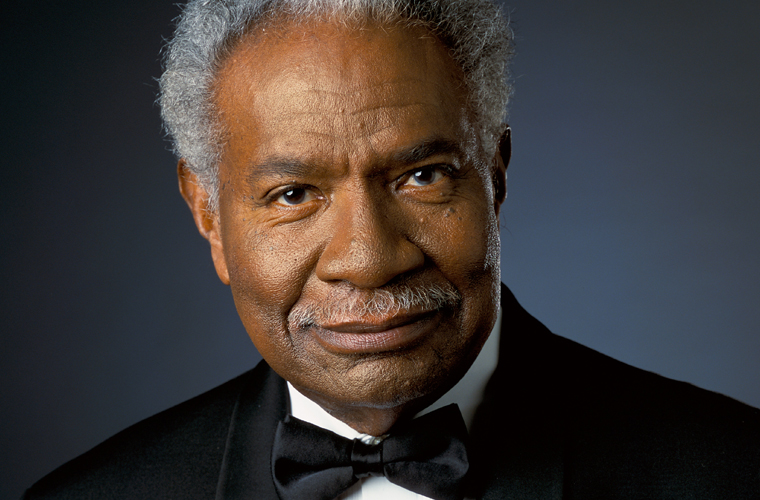Ossie Davis was a highly influential figure in American entertainment, known for his work as an actor, director, and activist. Born on December 18, 1917, in Cogdell, Georgia, Davis grew up to become a prominent voice for civil rights and social justice. His impact on the entertainment industry and his advocacy for equality have left a lasting legacy. Davis began his acting career in the 1930s and quickly gained recognition for his talent and dedication to the craft. He appeared in numerous stage productions, films, and television shows, showcasing his versatility and skill as a performer. His performances were often praised for their depth and authenticity, earning him a loyal following of fans and the respect of his peers.
In addition to his work as an actor, Davis was also a passionate advocate for civil rights. He used his platform to speak out against racial injustice and inequality, becoming a prominent voice in the fight for equality. His activism extended beyond his work in entertainment, as he participated in marches, protests, and other efforts to bring about social change. Davis’s impact on the entertainment industry and society at large cannot be overstated. He used his talent and influence to shine a light on important issues and inspire others to take action. His commitment to social justice and equality serves as a powerful example for future generations.
In addition to his advocacy work, Davis also made significant contributions as a director. He helmed several films and television projects, showcasing his skill behind the camera as well as in front of it. His work as a director further solidified his reputation as a multifaceted and influential figure in the entertainment industry. Throughout his career, Davis received numerous accolades and honors for his contributions to entertainment and activism. His impact on the industry continues to be felt today, as he paved the way for future generations of performers and activists.
Ossie Davis’s legacy lives on through his work and the impact he had on the world around him. His dedication to social justice, his talent as a performer, and his influence as an activist have left an indelible mark on American entertainment and society. He will always be remembered as a trailblazer who used his voice and platform to make a difference.
Davis passed away on February 4, 2005, at the age of 87.

